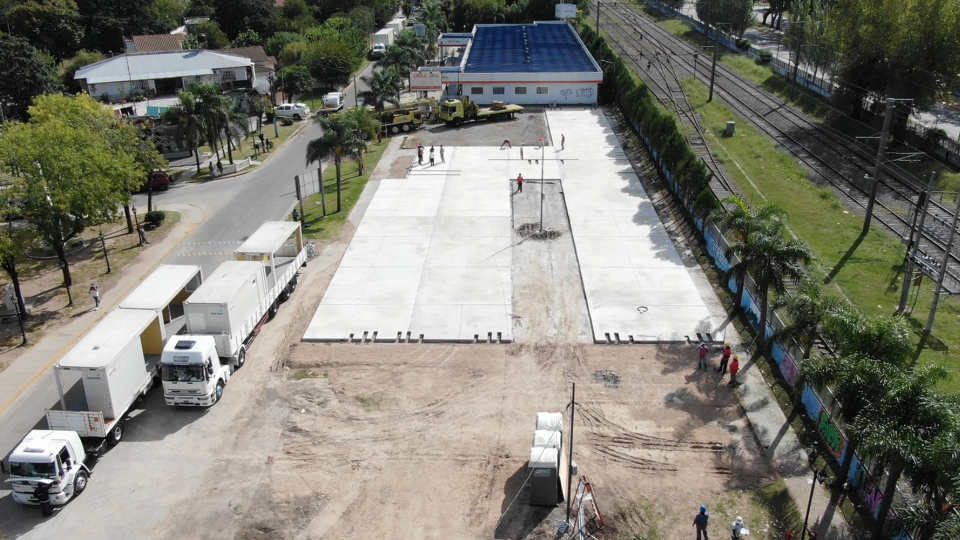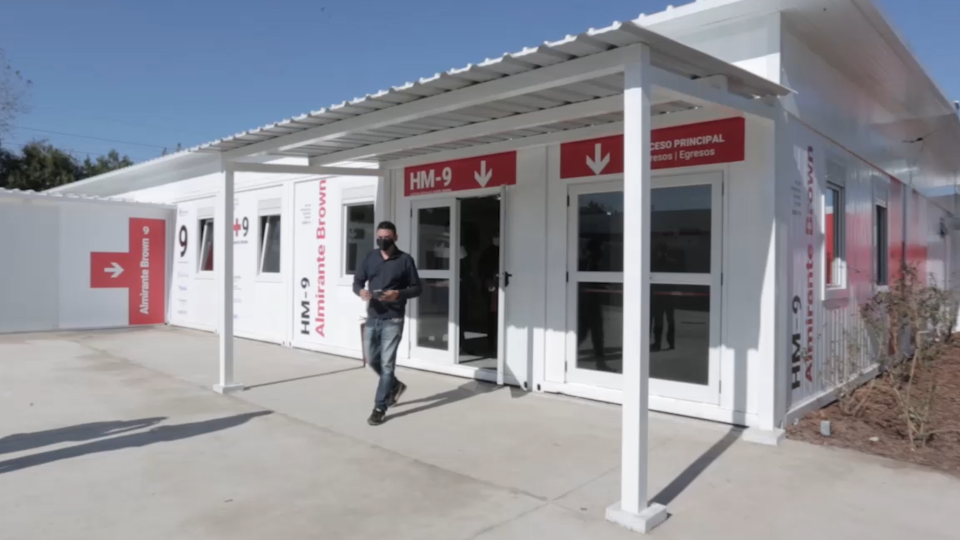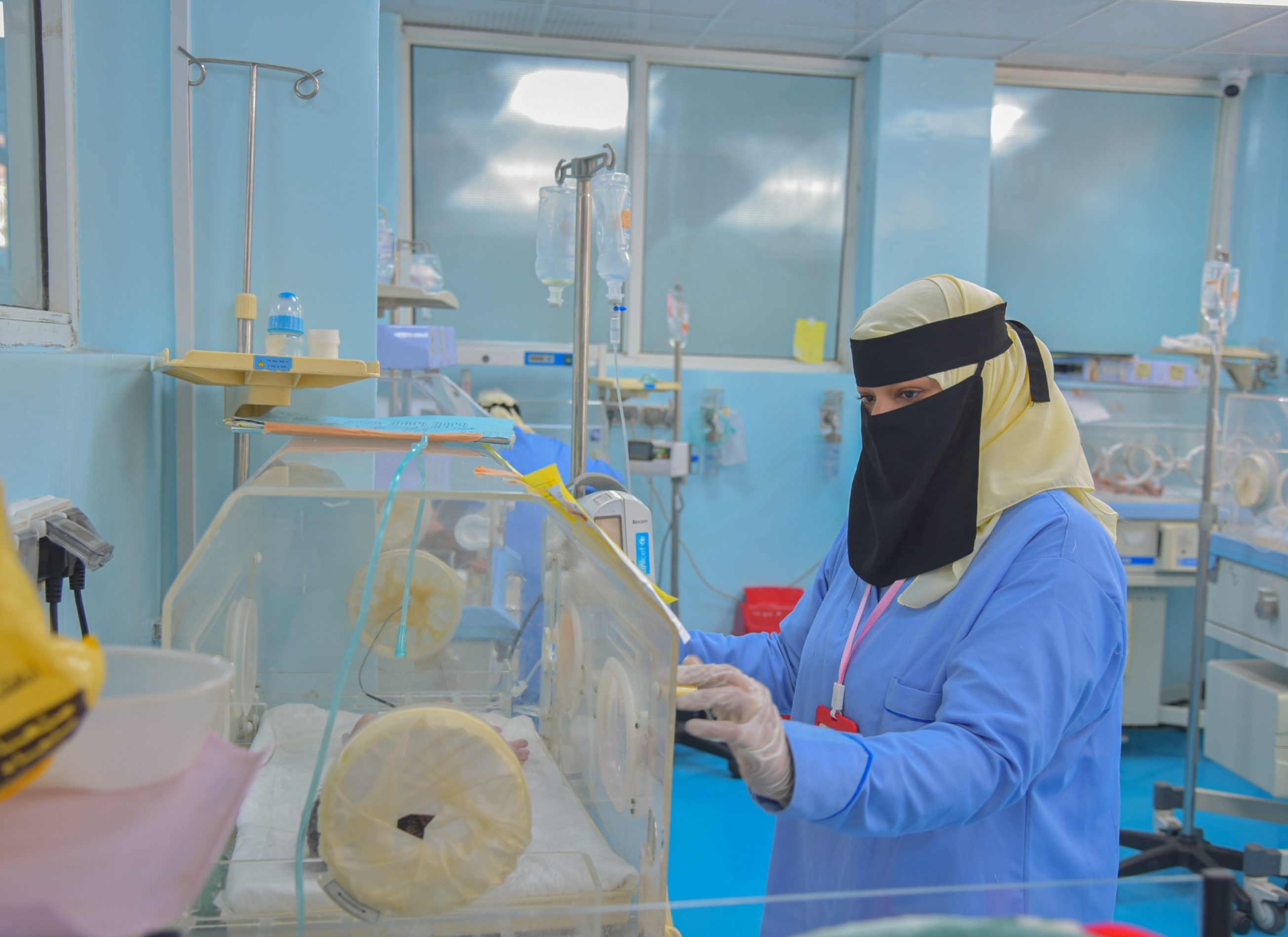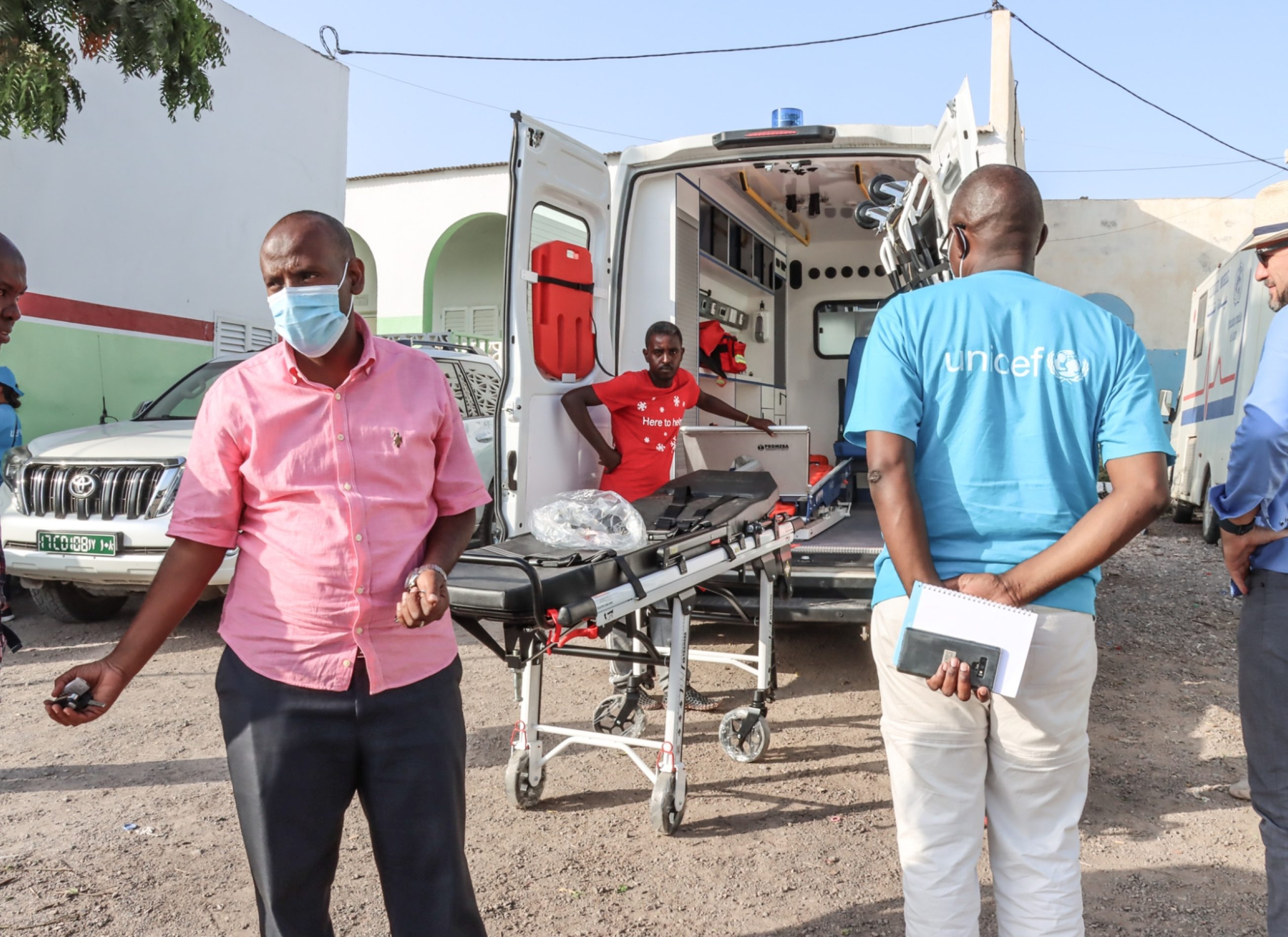In March 2020, the coronavirus reached Argentina. Home to some 47 million people, infections spread from household to household.
With an estimated 37 per cent of the country’s population living in poverty, protecting those most vulnerable from falling ill, as well as the broader socio-economic consequences of the pandemic, was critical.













